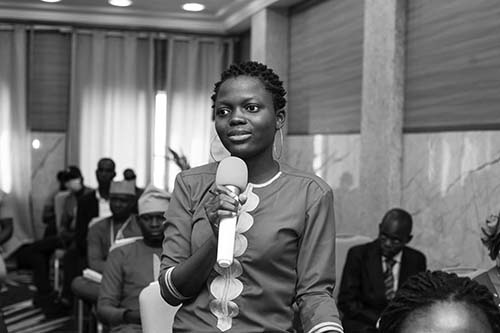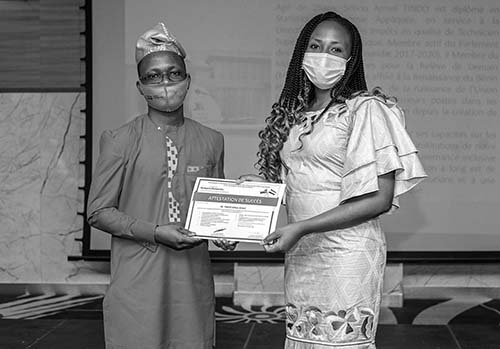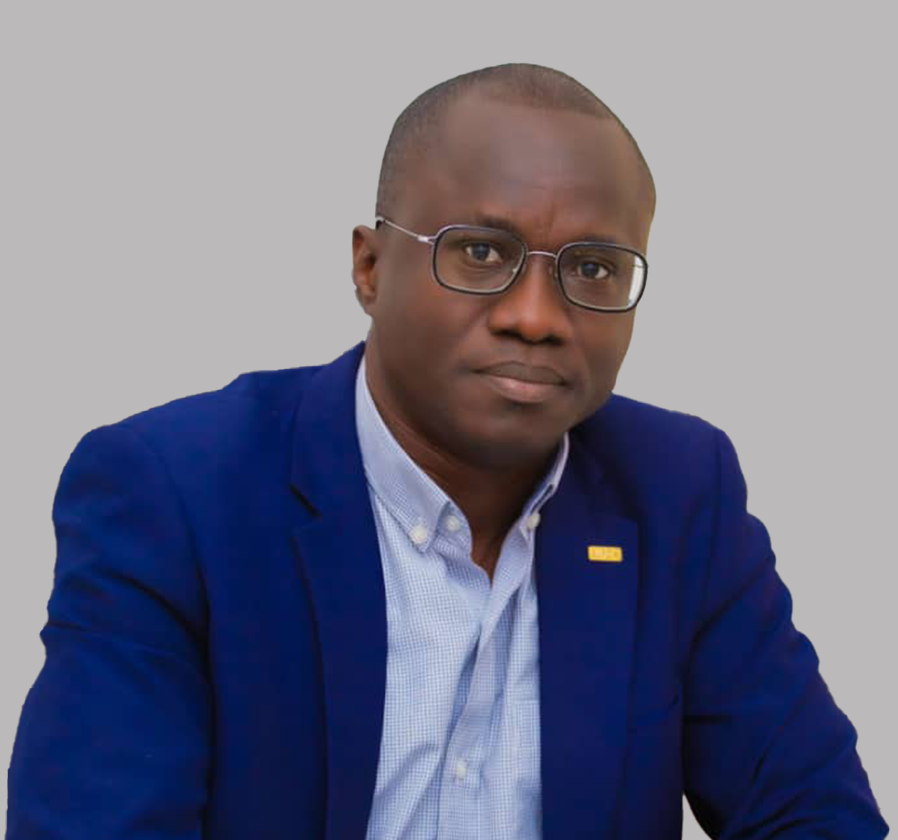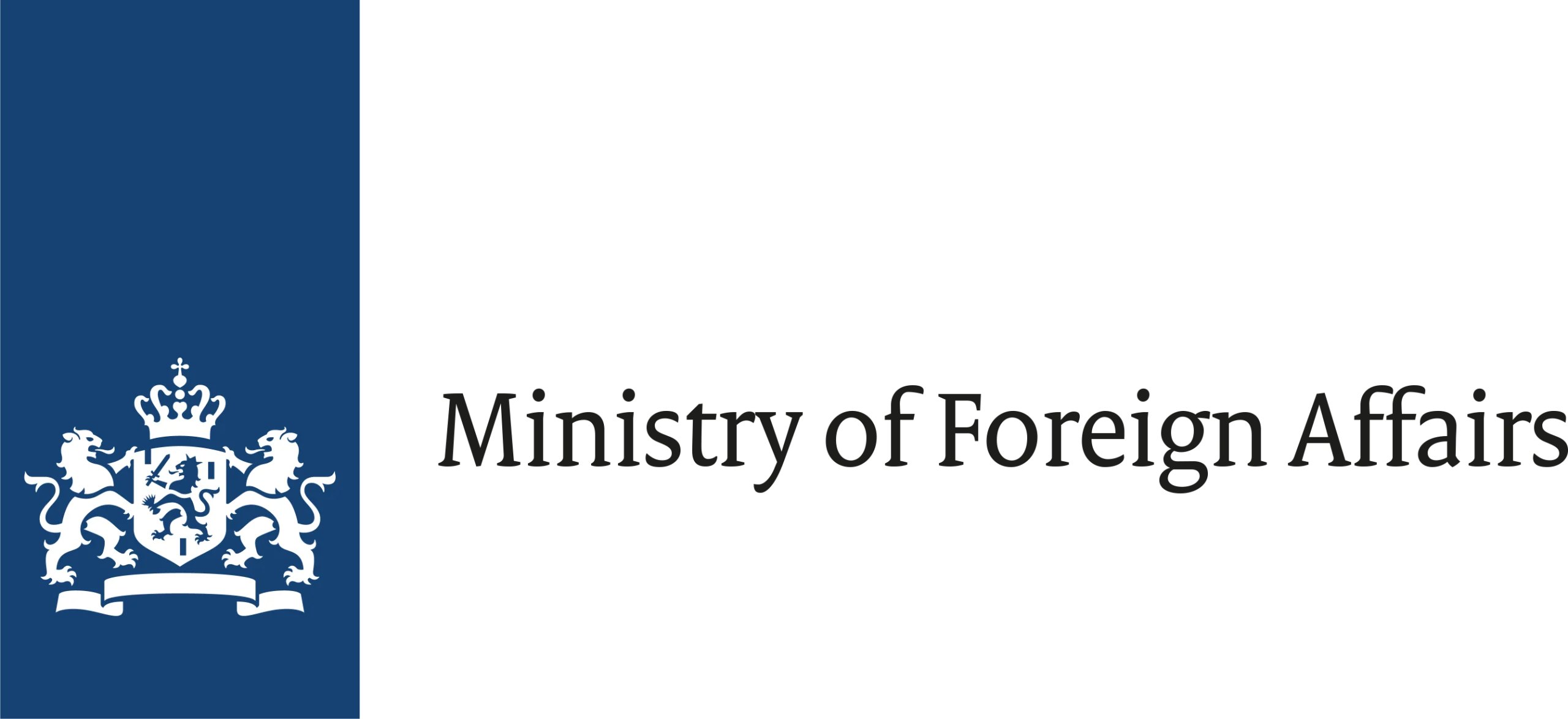Benin
Country


- NIMD in Benin: At a glance
- What we do
- How we do it
- Meet the team
Main objective
Laying the foundations for peace and political stability in Benin through responsive, inclusive and representative politics.
Results
Institut pour la Gouvernance Démocratique (IGD) and NIMD have travelled to five (05) Beninese communities to raise awareness of electoral processes and encourage peaceful civic practices and conflict resolution. This engagement is crucial for promoting peace and stability in the upcoming elections. By ensuring the population is informed, we build trust in politics, reduce feelings of marginalization, and encourage people to take an active and informed role in their own democracies.
Over the years, IGD and NIMD have been nurturing the next generation of political leaders through our ongoing Democracy Schools. Today, we have built a strong network of young people from diverse backgrounds and political perspectives who are ready and eager to collaborate in shaping a more responsive, inclusive and representative democracy. We continue to support this community, and provide opportunities for networking, through our regular Cafés Politiques, for current Democracy School participants and alumni alike. Some now work as MPs’ assistants.
IGD and NIMD play a critical role in supporting Benin’s Electoral Commission to implement reforms aimed at strengthening trust and legitimacy in the electoral process. The reforms we’ve helped drive are designed to reduce electoral fraud, boost voter participation, and ensure that all parties have a fair chance to compete. This support is essential for building the foundations of peaceful, transparent, and inclusive elections in 2026, which are crucial for the stability and democratic progress of Benin.
Benin: Political background
Benin was long considered one of Africa’s most stable democracies, and had enjoyed relative stability since the adoption of a new constitution in the early 1990s. But, in 2018, a series of reforms meant many opposition parties were excluded from the political process, leading to violent protests. This has resulted in a deepening crisis, characterized by a rift and palpable lack of trust between the general population and their political representatives.
Within this general atmosphere, the 2023 parliamentary elections in Benin marked the return of opposition parties after a four-year absence. Although not entirely free from incident, the elections were generally peaceful, providing a ray of hope for the country’s democracy.
Moving forward, the 2026 general elections are viewed as critical for democratic stability. They will be a key moment for addressing the political tensions; an opportunity for the country to continue on its path of ensuring more inclusive and transparent electoral processes.
The 2026 general elections will be a key moment for addressing the political tensions; an opportunity for the country to continue on its path of ensuring more inclusive and transparent electoral processes.
What we do
NIMD started working in Benin in 2012, with the overall aim of strengthening the democratic infrastructure through citizens’ engagement with parties, support for parliamentarians and democracy education for young party members.
In 2020, NIMD’s office in Benin became an independent, locally owned and locally rooted NGO called the Institut pour la Gouvernance Démocratique (IGD). Taking with them more than 10 years of experience in Benin, along with the trust they have built within the political sphere, IGD is now our partner in Benin.
Together, we hope to help Benin’s politicians and political institutions build a more responsive and representative democracy, thereby building trust with the general population and addressing the roots of political conflicts.
We do this by working directly with political parties and electoral bodies, and providing training, support and opportunities for dialogue.
What we do: In numbers
How we do it
Responsive Politics
Strengthening political parties
Trust and responsive politics lie at the heart of political stability.
That’s why we work with political parties from across Benin’s political spectrum. Our primary aim is to help these parties become stronger, more responsive and more representative, so that they can effectively contribute to peace and inclusive development, and build trust with the population.
The first step is to support parties to create robust long-term strategic plans. In simple terms, this means helping them analyze their strengths and weaknesses. Based on their findings, they can develop strategies to improve their performance and sustainability, enabling them to better navigate Benin’s evolving political landscape.
Through this process, NIMD and IGD also provide training on topics such as inclusiveness, leadership and policy development, to support the parties as they improve their skills, decision-making process and internal democracy.
Strengthening electoral institutions
To achieve our goal of laying the foundations for peaceful, transparent, fair and inclusive elections in 2026, we are working closely with both Benin’s Parliament and the Commission Électorale Nationale Autonome (Electoral Commission of Benin – CENA), an independent institution responsible for organizing and overseeing elections in Benin. We support these institutions as they design and implement effective electoral processes and reforms. This includes reforms that aim to reduce electoral fraud, increase voter participation, and ensure that all parties have an equal opportunity to compete.
We hope that our work with these bodies will have a long-term positive effect on Benin’s democracy. More transparency and representation around elections ultimately improves people’s trust and reduces the feelings of marginalization from politics that can so often lie at the heart of conflict and tension.
"Our primary aim is to help political parties become stronger, more responsive and more representative, so that they can build trust with the population."
Dialogue
At NIMD, we believe in the power of dialogue to build trust and foster political stability. By bringing people together in an open, respectful setting, dialogue can overcome divides and ease tension. In Benin, NIMD and IGD foster dialogue on different levels and with different participants.
First, our political party dialogues unite parties from across the political spectrum in regular dialogue sessions. By focusing on key national political issues, the parties have the chance to build common agendas. The focus on finding consensus helps parties – particularly those with differing political views – to build common ground and trust.
Second, we facilitate multistakeholder dialogue platforms where political parties, civil society, electoral institutions, and traditional and religious leaders can work together to prevent and resolve political crises. We have multiple platforms – at both the national and the municipal level – where diverse groups can openly discuss and address issues affecting the political environment, including ongoing electoral reform.
As part of this, we use early warning systems that can detect signs of political tension, allowing for our dialogues to be held at moments when trust-building is critical.
For us, dialogue is more than a stand-alone activity. We hope our work will serve to embed the principles of dialogue – trust, collaboration, respect and active listening – within Benin’s political culture. That’s why we go further than simply organizing dialogue sessions. We also provide training to political actors on conflict resolution, mediation, and non-violent communication, equipping them with the tools to engage constructively with one another in the long-term.
"By bringing people together in an open, respectful setting, dialogue can overcome divides and ease tension."
Women in politics
In Benin, women face numerous barriers to political participation, including patriarchal systems and limited access to political networks.
Yet, the political participation of women, in all their diversity, is essential for Benin’s democracy. NIMD has seen across our programmes that the diverse perspectives that women offer foster inclusive governance and social cohesion, ultimately reducing conflict.
That’s why, at the heart of our work with political parties, NIMD and IGD support them to become more inclusive. Using NIMD’s Gender Roadmap for Inclusive Political Parties (GRIPP) tool, we encourage the parties to undertake problem analysis and self-assessment, before developing concrete strategies for increasing women’s participation at all levels of political decision-making.
The overarching objective is to ensure that political parties not only reflect the diversity of the population they serve but also foster a political culture where all citizens, regardless of gender or age, can participate fully in the democratic process.
Beyond our work with political parties, we also collaborate with civil society organizations and other stakeholders to advocate for broader reforms that increase women’s participation in politics. For example, in collaboration with CARE International Benin, we provide leadership training and mentorship for women leaders, helping them build the skills needed to participate actively in local and national elections.
By addressing both the institutional and structural barriers to women’s political participation, NIMD and IGD seek to create a more inclusive political system where women can play a central role in shaping the future of their country.
Democracy Education
At NIMD, we know that every democracy needs democrats; knowledgeable and skilled politicians who are dedicated to upholding responsive, inclusive and representative politics in their country.
That’s where our Democracy Schools come in. IGD and NIMD run two Democracy Schools for under-represented groups in Benin: one for young women leaders, and the other for young leaders from across politics and civil society.
Over six months of intensive training, participants from each school learn about political leadership and governance. They receive practical advice on navigating barriers to participation, including strategies for campaigning, political communication and public image management to prepare them for leadership roles in the public sphere. In addition, the Schools emphasize understanding Benin’s decentralization process and the complexities of its democratic system.
And, of course, our approach goes beyond skill-building. We emphasize the importance of democratic values, encouraging participants to consciously prioritize the general population in their actions and decisions.
Together, these schools help build a network of informed and engaged young leaders ready to work together and contribute to a more inclusive and democratic future for Benin.
Meet the team
 Azizou Chabi Imorou
Director, Institut pour la Gouvernance Démocratique (IGD)
Read more
Azizou Chabi Imorou
Director, Institut pour la Gouvernance Démocratique (IGD)
Read more
Co-founder and Director of IGD. Since February 2020, he has been the Representative in Benin of the Netherlands Institute for Multiparty Democracy (NIMD). Academically, he holds a doctorate in sociology and political anthropology from Johannes Gutenberg University, Mainz (Germany), and is a lecturer at the University of Abomey-Calavi (UAC). As a former ambassador, he has a good knowledge of diplomatic circles and cooperation and development agencies. He first worked for AWEPA and NIMD as an expert, before being appointed Representative in Benin of the Netherlands Institute for Multiparty Democracy (NIMD) in February 2020. He is the author of several publications on elections, trade unionism, youth and women in political arenas, including socio-political dynamics in Benin.

Co-founder and Director of IGD. Since February 2020, he has been the Representative in Benin of the Netherlands Institute for Multiparty Democracy (NIMD). Academically, he holds a doctorate in sociology and political anthropology from Johannes Gutenberg University, Mainz (Germany), and is a lecturer at the University of Abomey-Calavi (UAC). As a former ambassador, he has a good knowledge of diplomatic circles and cooperation and development agencies. He first worked for AWEPA and NIMD as an expert, before being appointed Representative in Benin of the Netherlands Institute for Multiparty Democracy (NIMD) in February 2020. He is the author of several publications on elections, trade unionism, youth and women in political arenas, including socio-political dynamics in Benin.
Who we work with
Our main partner in Benin, IGD is dedicated to promoting political governance and democratization in Benin. IGD focuses on strengthening democratic institutions, improving the internal governance of political parties, and fostering inclusive political participation. https://igdemocracy.com/

Our REFAIRE (Strengthening a favourable environment with interactive actions to resolve electoral conflict) project in Benin is funded by the European Union. The project is designed to strengthen the capacity of political actors and institutions to handle electoral and political disputes in a peaceful and constructive manner.

Embassy of the Kingdom of the Netherlands in Benin
Our RAPPID (Strengthening and support for inclusive and democratic political parties) and PFLFP (Strengthening women’s political leadership in the communes of Benin) projects are funded by the Embassy of the Kingdom of the Netherlands in Benin. These projects focus on leadership training for women politicians and on strengthening political parties to enhance their capacity for inclusive development and to foster peace through effective democratic governance.

 Facebook
Facebook